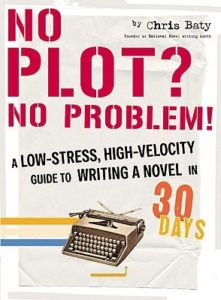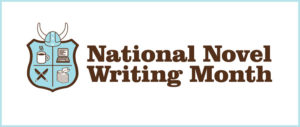The first week of the year, my Facebook stream was full of irate friends who, apparently, loathe those who make New Year’s Resolutions. Anyone who had the words “Resolution” or “Goal” in their post got blasted by angry people who didn’t agree with their declarations of self-improvement. Mostly because said angry people all admitted to not being able to keep a resolution past day one. Their plan for the year, “Quit, before you commit yourself to something you’re going to fail at.”
Is that really healthy? You can answer that question for yourself, because it’s different for everyone.
For myself, I love making goals, and the only thing I hate about them is not hitting them.
The thing is, the moment I finish making a goal, I can tell if I’m going to be able to do it or not.
For instance, last December, I made the goal that I would finish the novel I’ve been working on before the end of the year. However, I knew better. To get something accomplished in December is like walking up a hill made of ice in women’s dress shoes. But I was desperate to get it finished, so I made the goal with the hope that it would spur me on.
Did it? Nope? And I simply felt guilty about it all month.
So what did I do? I spent the first week of January working on the outline until it was shiny, then when I was finally satisfied with it, I made the goal to get the stupid thing to my editor by midnight on January 31st.
An easy goal? Uh, no. I’m having to rewrite the last half of the book for the third time. That’s 50k in two and a half weeks. Sounds crazy? Yes. But I know I can do it, especially since the outline feels solid.
I’m hoping this is going to be my last insane, self-imposed deadline for the year. Because, while hitting them makes me giddy with joy, missing them makes me crazy, and sometimes the stress makes me cranky.
For me, there’s a fine line between pushing myself in order to grow, and laying completely unrealistic expectations at my own feet. And I know the difference.
So my “goal” this year is to stop pretending I don’t know my own limits and the limits of my time. Think through the plans. Break it down. How much can I realistically do each week? Will it cause other parts of my life to suffer? Is that acceptable for a short amount of time? If not, do I change the timetable, or skip this “thing” all together?





